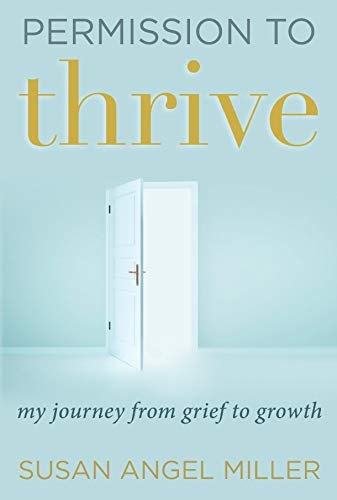
When our seemingly healthy 14-year-old daughter Laura died within days of being diagnosed with a cancerous brain tumor, my husband Ron and I were shocked and distraught.
Our sheltered family life in Bayside wasn’t supposed to unfold this way. We were overcome by the thought of never seeing Laura again and the prospect of raising our two younger daughters in a world we no longer understood or wanted to inhabit; we struggled with how to react as well as how others would expect us to behave in our new, unwanted identity — as parents of a child who had died.
Thankfully, the world we still inhabited was our familiar Jewish Milwaukee — a community which shared in our disbelief and grief, comforted us, and came to our aid during our darkest days.
Our strength deepened when we were told that Laura’s liver had saved a woman’s life. We eventually met Trish and have since developed an exceptional relationship with her. The miraculous impact of our family’s decision to donate Laura’s organs gave us purpose, comfort and a newfound sense of stability.
When friends commented on how well we were managing, I remember feeling bewildered and even a little guilty. We’d suffered two harrowing incidents, yet we were not only doing okay, but better than okay. We’d become increasingly more empathetic, grateful for the blessings we still had in our life; we were determined to live in the moment rather than fearing the future. We refused to sacrifice our daughters’ lives, or ours, to what couldn’t be undone.
My bewilderment at our doing “better than expected” decreased after learning — quite by accident — about the concept of post-traumatic growth. Our family was not alone in surviving — and even thriving — following trauma. The research, in fact, shows that the majority of survivors will experience at least one element of positive emotional growth in the wake of trauma.
Factors such as childhood stability, a positive outlook, sense of spirituality and supportive relationships correlate to a victim’s likelihood of displaying resilience or even bouncing back higher than before.
Survivors, of course, shouldn’t be judged if they don’t experience positive effects on a specific timetable, or even at all. And, the survivor almost always would never have wanted the bad event to have occurred in the first place, regardless of any subsequent growth. PTG is not an either/or phenomenon. Emotional growth and ongoing distress often, in fact, occur simultaneously. For us, no amount of growth could ever make up for losing Laura.
Survivors, of course, shouldn’t be judged if they don’t experience positive effects on a specific timetable, or even at all. And, the survivor almost always would never have wanted the bad event to have occurred in the first place, regardless of any subsequent growth. PTG is not an either/or phenomenon. Emotional growth and ongoing distress often, in fact, occur simultaneously. For us, no amount of growth could ever make up for losing Laura.
Discovering the prevalence of PTG encouraged me to write a book about my experiences — to dispel the myth that humans are destined to crumble when faced with life’s inevitable adversities. I truly believe that we’re all stronger than we think — especially with friends, family and community by our side.
Use the chapter locator to find out information about chapters in your area. Locate a Chapter by selecting your state and zip code.


